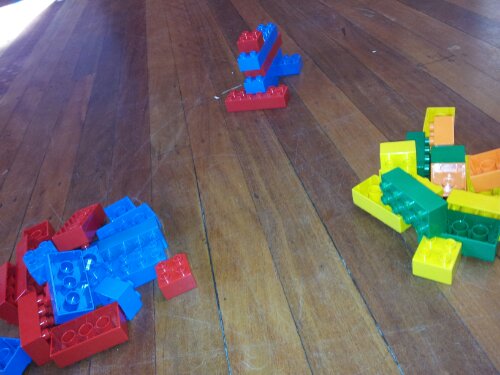Song of Songs 4 is very clearly a poem of intense sensuality. It is a wonderful example of a man’s pleasure in his wife.
The man starts at the top and moves downward. He does not reach her feet. There’s something about her middle that he enjoys! It’s sensitive and tender sex talk. (Her words of invitation in the second half of Song 4:16 indicate how welcome she found his words.)
When I spoke on this passage at church, I explained what I think are five types of sex talk. I thought I would repeat them for a blog readership.
Not
The first type of sex talk is non talk. Avoidance, embarrassment, and red faces.
The Bible, however, does not shy away from sex. There’s the beauty of Song of Songs. There’s affirmation of marriage and warnings against immorality. It openly admits awful sexual failure: David’s adultery with Bathsheba (leading to murder, 2 Samuel 11); the rape of Tamar by David’s son Amnon (2 Samuel 13); etc.
In short, God is in favour of sex talk. If we neglect it, we’re not caring for the whole person.
Direct
There are two kinds of direct sex talk.
The first is, typically, medical or educational. For example, sex education at home, or asking for pastoral help for sexual dysfunction.
This talk is direct because it openly names the anatomy and sexual behaviours. And it is a direct type of talk that is necessary.
The second type of direct talk is far less helpful. This direct communication is the porn ethos. It reveals all and leaves nothing to the imagination. We are meant to see, and to desire to see again. The lights are glaring, the cameras capture every angle, and instant replay is expected.
Unfortunately, this ethos can infect our speech and thoughts. It might be crude jokes. It could be offensive abuse between sports teams. Or it might be speaking of sex as if it involves hardware, not people: screw, bang, poke, …
This is a long way from the tenderness of Song of Songs. It’s selfish in getting sex, or getting noticed. Sex that should be part of a life-long covenant relationship is reduced to a bodily function. It’s not healthy direct talk.
Indirect
Again, this type of talk has two expressions.
The first kind of indirect sex talk is innuendo and smuttiness. While not being explicit, it twists vast swathes of normal conversation into sexual reference. Normal words become codes for bodily parts, or for sexual activity. It’s Benny Hill, Carry On Eye Rolling, Nudge Nudge Wink Wink. Often accompanies by supressed giggles and knowing looks, it also creates an in group who know the codes and need to look to each other for constant affirmation (‘that’s a reference to breasts – see, I am still with you’). Necessary? Useful? No.
The second type of indirect sex talk is precisely that of Song of Songs. It’s honest about sex and refers to a real person, one’s spouse. Yet it remains sensitive to honour that spouse and enjoy all his or her qualities. It does not hide sensuality, yet without treating sex like a forensic examination. Being poetic, I believe it opens up our appreciation for sex instead of narrowing it down to a few brute physical facts.
To gain a feel for this poetic opening of reality, read through the Song of Songs and consider how the senses are evoked. The lovers not only see one another, but also hear, touch, smell and taste. Then read again and consider where the drama of their love is played: house and city, forest and field, plains and mountain. All of nature is their playground.
So, learning from the Bible’s pattern, there’s good sex talk and damaging sex talk. Have I missed any other categories? Let me know in the comments below. We all can learn how to better employ language in this significant area of living as God’s creatures.



